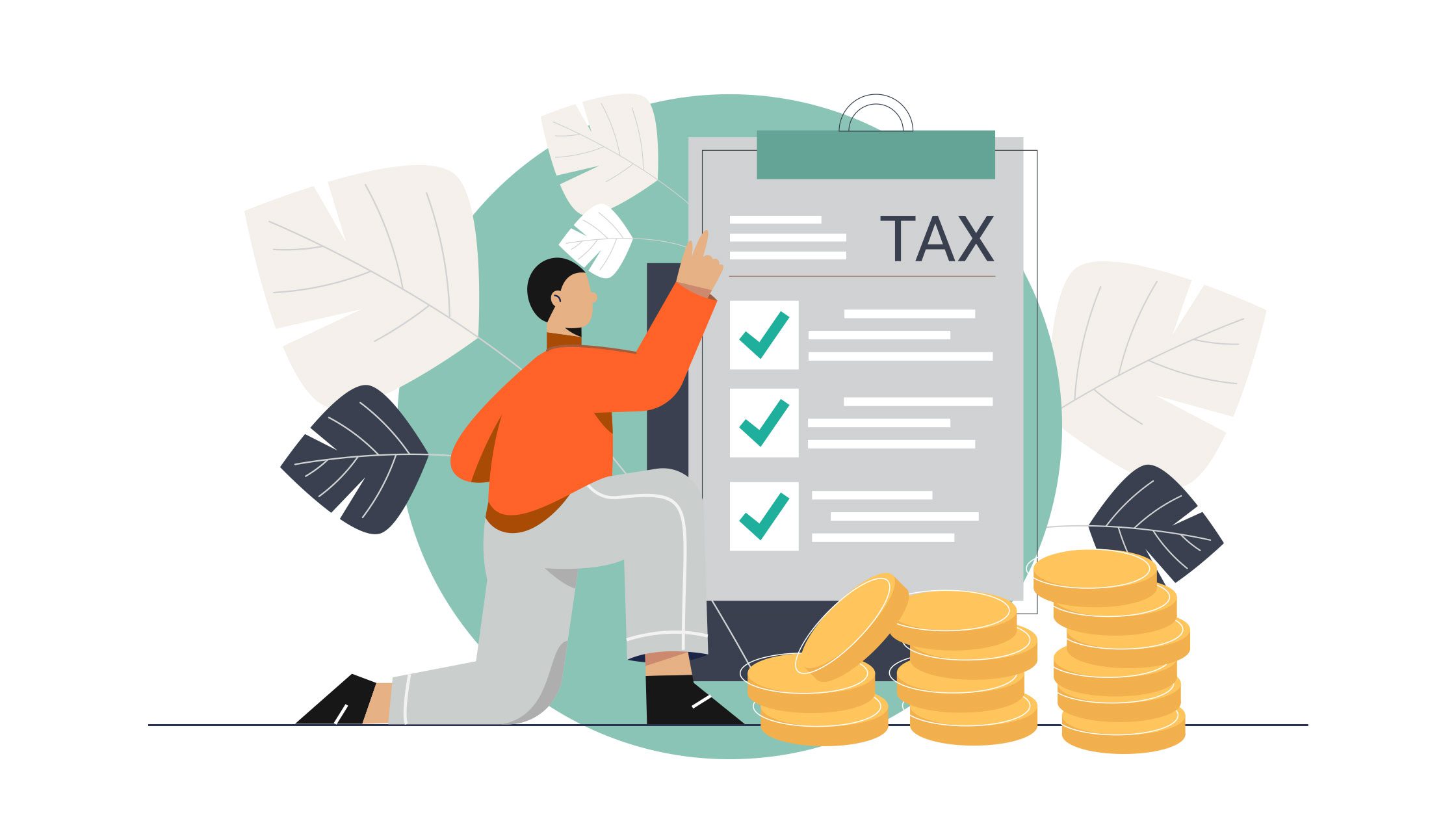The IRS imposes a wide variety of taxes on Americans. These include federal income taxes, which are based primarily on your taxable income, and payroll taxes, which are based on the amount you earn. Most people have some amount of money coming in each year.
As such, most people will need to file their taxes at some point. For many people, that time comes during the spring and fall when tax season becomes imminent. However, if you find yourself in that predicament in the middle of summer or mid-January, you can still get your finances and tax situation in order by using software to prepare your taxes.
In this article, we’ll explore 8 things everyone should know about tax preparation so that you don’t end up being one of those unfortunate people who have to scramble before the last minute.
1. You Are Responsible for Filing Your Taxes
Many people believe that their accountant will be the ultimate person responsible to file their taxes for them. Unfortunately, that isn’t the case. You have to file your taxes on your own and you have to be responsible for them.
If you don’t have the necessary knowledge to file your taxes correctly, you could end up paying more taxes than you should. When you file your taxes, you have to file them correctly. You can’t file a tax return that is wrong because you didn’t understand what you had to do.
You have to understand the rules and regulations that govern taxes. You can’t file a tax return that is wrong because you didn’t follow the rules.
2. There Are Many Different Types of Taxes
Every person is responsible for paying taxes in one way or another. In the United States, these taxes come in the form of federal income taxes, state and local taxes, and property taxes. Each of these has its own particular rules and regulations that must be followed if one wants to avoid penalties and fines.
Some taxes are based on your income while others are based on the value of the property you own. For example, if you are a homeowner, you will be required to pay property taxes. These taxes can vary greatly from one state to another, but they are all based on the assessed value of the property you own.
State and local taxes are also based on the assessed value of the property you own. However, these taxes are based on a percentage of your income as opposed to the value of the property itself. In other words, you will be required to pay both property taxes and state and local taxes.
3. There are many different kinds of tax forms
There are very few things you will need to do each year that is more important than filing your tax returns. When you file your taxes, you are essentially informing the government of your financial situation. Therefore, filing your taxes is one of the most important things you can do. If you don’t file your taxes, you will not receive a refund or credit.
Furthermore, you will be charged interest on the amount you owe. Failure to file your taxes could have a big impact on your finances. Therefore, you must file your returns as soon as the date is due. There are many different kinds of tax forms. Some of these forms are used to report specific amounts of money or assets. You’ll encounter a few of these different kinds of tax forms when you file your taxes.
You’ll encounter forms 1040, 1042-S, and 1042. You’ll also encounter a W-2 form, a form 1099-INT, a form 1099-DIV, and a form 1099-MISC. Each of these has its particular purpose, and you will need to know what each of these items is used for.
4. Keep Good Records And Document Everything
If you don’t keep good records and documentation, you will find yourself having trouble when it comes time to file your taxes. If you don’t keep good records, you might be forced to make guesses as to the amounts you owe. If the IRS can audit these guesses, you might end up paying a much larger amount.
Keeping good records will help ensure that you don’t have any large gaps in your documentation. It is also important that you keep good records in case the IRS audits your taxes. There are two primary reasons for this.
First, if you fail to keep good records, the IRS might be able to audit your taxes. Second, if your taxes are audited and you do not keep good records, you might end up owing a much larger amount. Failing to keep good records might lead to you being audited and paying much more money than you owe.
5. The IRS Is Trustworthy
The IRS depends on Congress to pass laws that allow the IRS to collect taxes. For example, the IRS will not be able to audit anyone unless Congress has given the IRS the authority to do so. This means that the IRS cannot audit anyone unless Congress has granted them the authority to do so.
If Congress doesn’t give the IRS the authority to audit you, they can’t audit you. For example, if Congress does not give the IRS the authority to audit high-income earners, then the IRS can’t audit high-income earners.
Several variables can affect how trustworthy the IRS is. These include how trustworthy Congress is, the current economic climate, and the political climate.
6. Choosing a Tax Filing software is Crucial
The first thing you should know when deciding whether or not to use tax filing software is to ask yourself if you need one. Many people assume that they need to use tax software, but in reality, filing your taxes is quite easy, if you do it correctly.
If you have a simple income and few deductions, you can file your taxes on paper and save yourself at least an hour every year. If you have a large income and a lot of deductions, you can also use tax software to file your taxes. However, you can also file your taxes manually, but it will take you longer and be more complicated.
The choice is up to you, but it’s important to remember that you don’t have to use tax software. If you decide that you don’t need tax filing software, you can file your taxes on paper, but it will take longer and be more complicated.
7. You Might Be Subject To Additional Taxes
Many people assume that because their income is low, they won’t have to pay any taxes. That’s not necessarily the case. You could end up owing taxes even if your income is very low if you have certain unusual situations, like if you receive money from your parents or if you have significant investments, such as a 401k.
When you file your taxes, the IRS will take into account any unusual situations that you encountered during the year. For example, if you’re a full-time student and your parents provide you with most of your income, the IRS might consider that to be taxable income and subject you to a higher tax burden.
8. Tax Issues may Lead to Lawsuits
Tax issues often lead to lawsuits, particularly when taxpayers argue that the IRS has overstepped its authority by requiring them to pay too much or too little in taxes. If you feel that you’ve been arbitrarily or improperly taxed, you may find it worth it to consult with an attorney to get your tax situation assessed.
When a taxpayer files a lawsuit against the IRS, the agency doesn’t have to respond and may lose the suit. If the agency loses the suit, it may have to pay the taxpayer’s legal fees, and that could be a financial burden. If you are concerned that the IRS has overstepped its authority, it may be worth the cost of hiring an attorney to assess your situation.
The Bottom Line
The best way to avoid missing taxes is to make sure you’re filing your taxes as soon as they’re due. You’ll also want to make sure that you have everything you need to file your taxes. You should keep track of all the forms and documents you need, and make sure you have plenty of time to complete them.
Doing so will help you avoid missing any taxes and ensure that you get the biggest tax refunds possible. When it comes to getting your taxes done by the IRS, you don’t want to make any mistakes. The sooner you file your taxes, the sooner you’ll get your money back from the IRS.
With this in mind, it makes sense to file your taxes as soon as they’re due. Avoid missing out on any tax credits or deductions, and get your taxes done as soon as possible.





